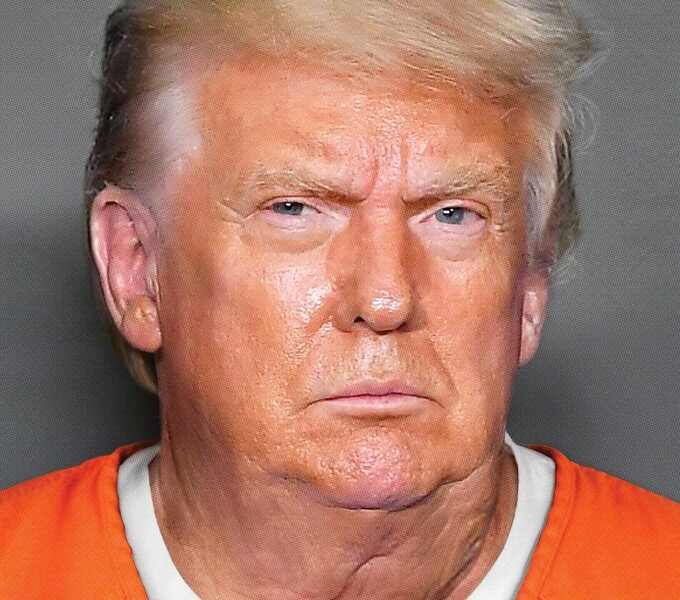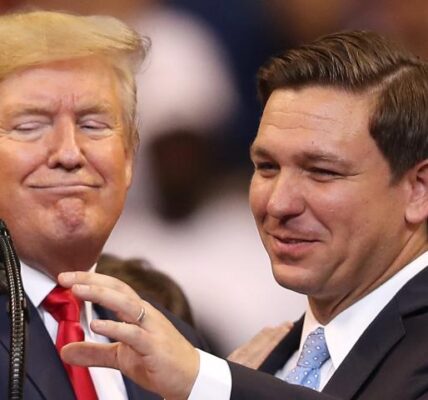Orange is the New Orange: Analyzing the Potential of Donald Trump’s Presidential Candidacy from Prison
A Controversial Scenario
The possibility of a presidential candidate running their campaign from behind bars is undoubtedly controversial. In the case of former President Donald Trump, who faces multiple legal challenges, the question arises: could he potentially seek to run for president while incarcerated? This article aims to delve into the intricacies of such a scenario and assess the feasibility and ramifications of a presidential campaign from prison.
Analyzing Donald Trump’s Presidential Candidacy from Prison: A Controversial Scenario
Donald Trump’s potential candidacy from prison raises significant legal and ethical concerns. While there is no explicit legal prohibition against an incarcerated individual running for president, practical considerations come into play. First and foremost, Trump’s ability to effectively campaign would be severely limited. The demands of a presidential campaign are already arduous, and being physically removed from society would pose substantial challenges in communication, organization, and public appearances.
Moreover, Trump’s candidacy from prison would ignite a heated debate about the integrity of the electoral process. Opponents argue that allowing an incarcerated candidate to run for the highest office in the land undermines the principles of justice and accountability. Moreover, the American people could see it as an insult. They expect their leaders to be able to dedicate themselves to the demands of the presidency. On the other hand, supporters may argue that an individual’s legal circumstances should not automatically disqualify them from seeking public office as long as Trump meets the necessary constitutional requirements.
Assessing the Feasibility and Ramifications of an Incarcerated Presidential Campaign
Assessing the feasibility of an incarcerated presidential campaign involves considering the legal and logistical challenges. Firstly, Trump’s potential imprisonment would not affect constitutional requirements such as being a natural-born citizen and reaching the minimum age. However, some legal experts argue that imprisonment could raise questions about the candidate’s ability to fulfill their duties as president. The Constitution does not explicitly address this issue, leaving room for interpretation.
Logistically, running a presidential campaign from prison would be highly impractical. Campaigning typically requires extensive travel, public appearances, and interaction with voters. However, being locked up would severely curtail these activities. Additionally, the situation would significantly impede fundraising and coordinating campaign operations. The logistics alone would present a formidable obstacle for a candidate in Trump’s position.
Conclusion
Analyzing the potential of Donald Trump’s presidential candidacy from prison reveals a complex and divisive issue. While no legal barrier exists to an incarcerated individual running for president, the practicality and ethical implications are highly questionable. The very nature of imprisonment restricts an individual’s ability to campaign and fulfill the presidency’s responsibilities actively. Ultimately, whether a candidate can effectively run a campaign from behind bars and gain the trust and support of the American people remains to be determined. The scenario of an incarcerated presidential campaign raises fundamental questions about the intersection of justice, democracy, and the integrity of the electoral process.




